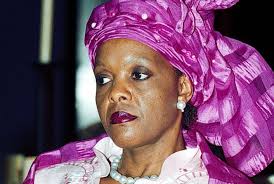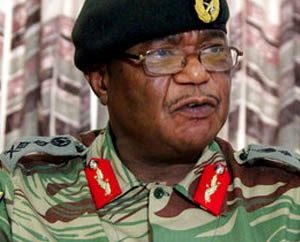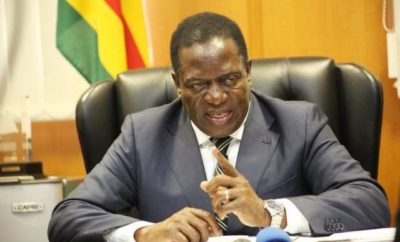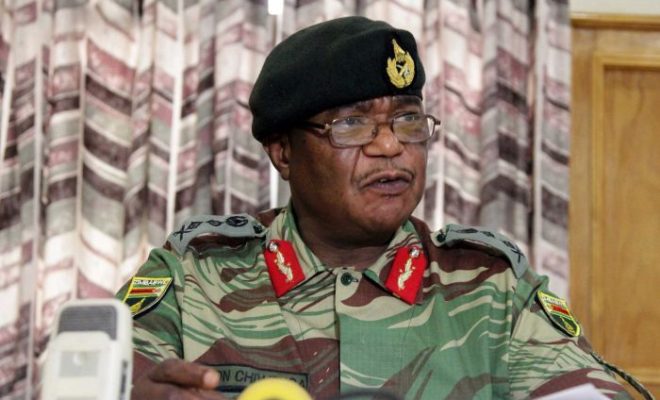
Zimbabwe: Why cracks are showing between Robert Mugabe and the military
Zimbabwe is seeing a rift open between the military and long-time ruler President Robert Mugabe.
At least three explosions were heard early Wednesday (local time) in the capital Harare; armed soldiers and military vehicles were seen in the streets; and a TV station was reportedly taken over.
However, Zimbabwe’s army says it is not mounting a military takeover, and insists Mr Mugabe and his family are safe and sound.
Here’s what you need to know to get up to speed.
The first thing to know is that Mr Mugabe is 93 years old
He’s the world’s oldest head of state, and he’s the only leader his southern African nation has known since it gained independence from Britain in 1980.
He has become increasingly frail, and there’s an awareness in Zimbabwe that he won’t be around forever.
Frustration has also been growing in the once-prosperous country as the economy collapses. The country was shaken last year by the biggest anti-government protests in a decade.
The military has been a key pillar of Mr Mugabe’s power, but there are now cracks
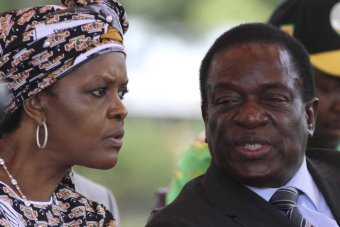
Earlier this week, the army commander threatened to intervene to calm political tensions over Mr Mugabe’s possible successor.
“We must remind those behind the current treacherous shenanigans that when it comes to matters of protecting our revolution, the military will not hesitate to step in,” Constantino Chiwenga said.
That was off the back of Mr Mugabe last week firing Vice President Emmerson Mnangagwa and accusing him of plotting to take power, including through witchcraft.
Mr Mnangagwa enjoyed the military’s backing and was once seen as a potential president, but he fled the country and said he had been threatened.
Over 100 senior officials allegedly supporting him have been listed for disciplinary measures by a faction of the ruling ZANU-PF party which is associated with Mugabe’s wife, Grace.
The ruling party accused the army commander of “treasonable conduct”
It said his comments about a possible military intervention were “clearly calculated to disturb national peace and stability” and were “meant to incite insurrection”.
But it was not clear whether the commander still had his post.
Meanwhile, Grace Mugabe appeared likely to replace Mr Mnangagwa as one of the country’s two vice presidents
This would happen at a special conference of the ruling party in December, leading many in Zimbabwe to suspect that the 52-year-old could succeed her husband.
The first lady is unpopular with some Zimbabweans because of her lavish spending as many struggle.
Finally, this isn’t necessarily a coup
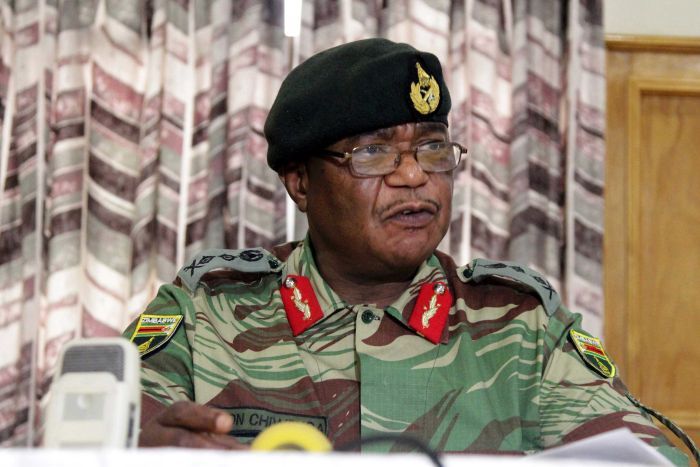
That’s the claim being made by the military, but it’s also a view echoed by African Defence Review analyst Conway Waddington.
“Given the past two weeks’ political events, it is tempting to speculate that there is a connection between the deployment of military personnel and the comments of the army chief of staff on an ‘intervention’,” he wrote.
“But there are very real dangers of violence breaking out as a result of rampant and unfounded speculation.”
He said there appeared to be no other signs of an “organised coup” and that it could have been an act of intimidation instead.



